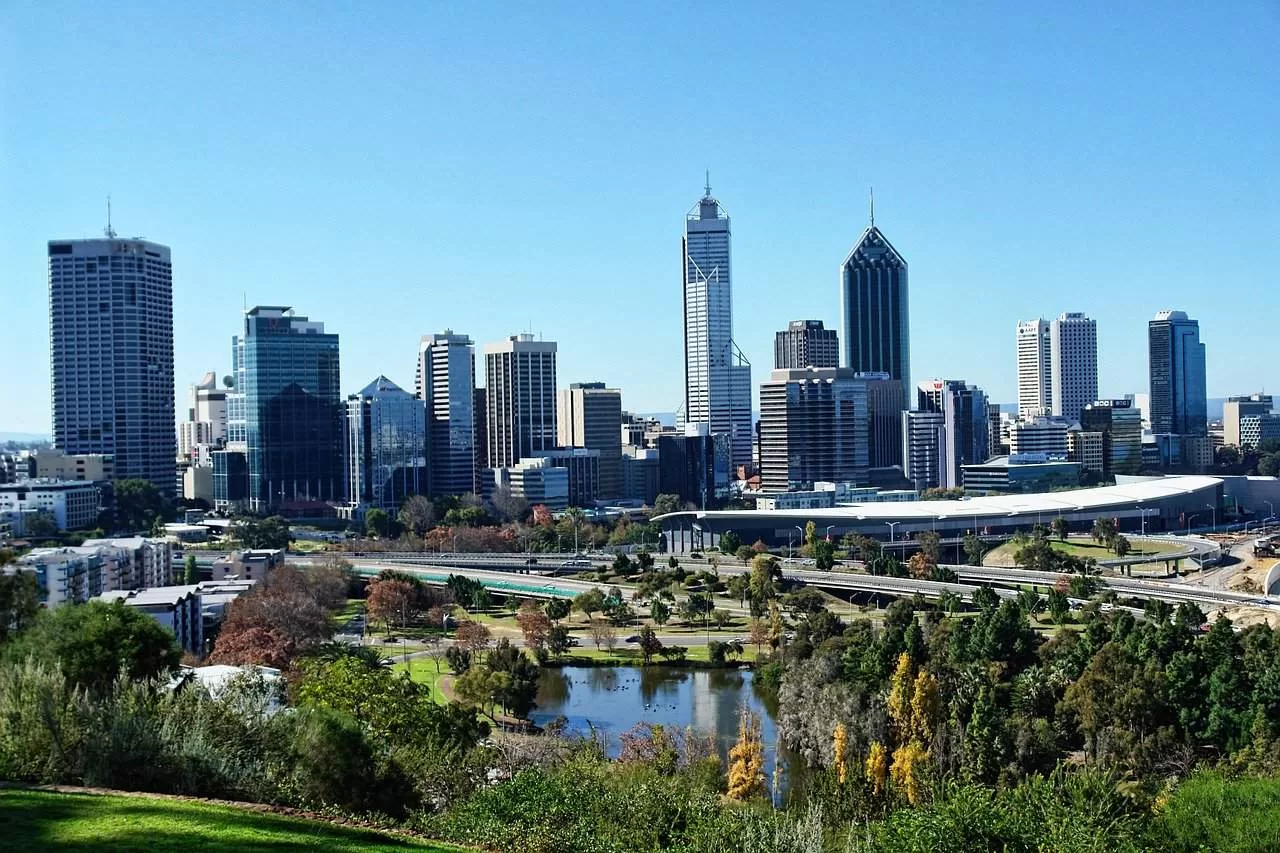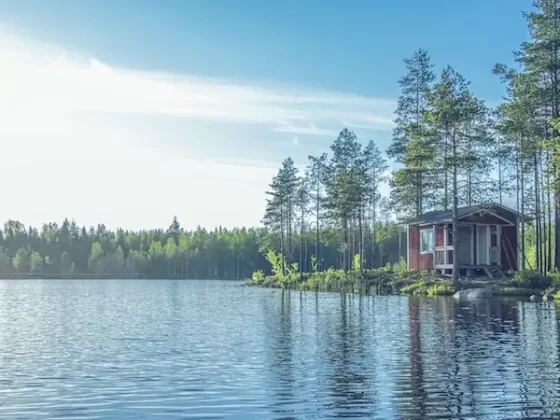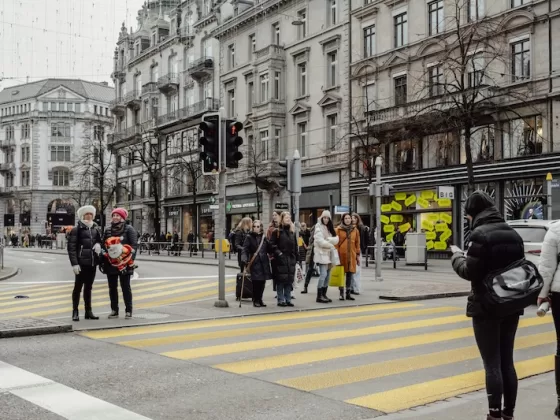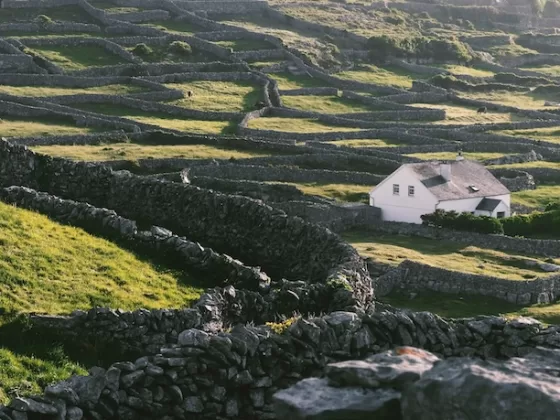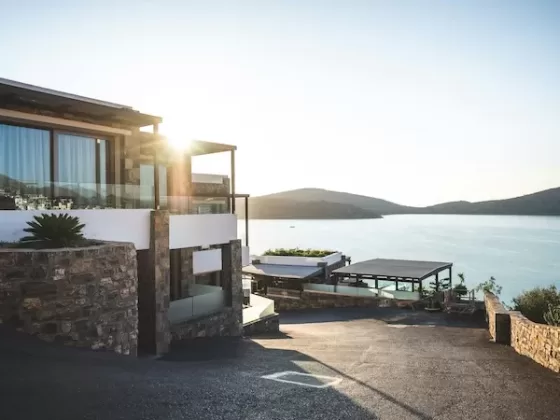Excerpted and adapted from Scott P. Taylor’s ebook, “Living and Investing in Croatia.”
In the opening article in this series, Scott describes the process a foreigner must follow to buy a home in Croatia. He also provides some guidance for understanding the drivers that affect real estate prices.
Buying property in Croatia is pretty much like buying property anywhere. There are loads of papers to be signed, taxes to be paid, and other legalities to consider before you can call a piece of land or a home your own. The best way to ensure that you will get what you want and for the best price possible is to be prepared, stand your ground, and keep all of your options open.
There are a few things that you need to know about purchasing a home as a foreign buyer in Croatia. There are actually two options that you have for doing this:
Option #1
Foreign individuals that plan to own real estate in Croatia must make sure that they get permission from the Ministry of Foreign Affairs. This permission can take up to a year for someone to get. Fortunately, in some cases the waiting period can be much shorter. This happens when the real estate is bought from a domestic owner. It does not matter if the domestic owner works for a company that is foreign run, though, so this option is a relatively simple one for you to follow.
Option #2
Foreign individuals that plan to own real estate in Croatia can also register a company in the country in order to purchase houses. This option comes with extra taxes and fees that otherwise would not have to be paid. With this option, you do not need permission from the Ministry of Foreign Affairs, which can make the waiting process go by much faster.
Now that you know your options, you can begin the process of purchasing your own real estate in Croatia. You can expect to go through three basic steps during this process, which include:
Step 1
Sign a reservation contract. This contract ensures that the house will be reserved for you and only you.
Step 2
Sign a preliminary contract. This contract is a way for a foreigner to gain permission to buy a house. This permission usually comes with a 10% deposit to be put down by the foreign purchase.
Step 3
Sign a final contract. This contract means that the real estate you want is officially yours. This happens when the final payment is made and the property is registered with the local Land Registry.
Don’t forget that there will be fees involved in this process all along the way. You will have to pay transfer taxes, registry fees, notary fees, and a stamp duty.
Property Prices
This all might seem extremely expensive to you, especially due to the fact that real estate prices are on the rise in this budding country. As long as you know how to balance your finances and plan for the future, you should be okay.
The prices of property in Croatia vary greatly depending on what area you plan to buy in. For this reason, you need to make sure that you know exactly what you want and why you want it before you go on with your plans. As with most major cities around the world, the capital known as Zagreb is home to the priciest properties that you can find. If you are looking for something along the coastline or around a busy tourist part of the city, you can expect to pay a lot more than say in a distant metropolitan area.
Location is not the only aspect that may affect the price of the property that you are planning on buying. The condition of a home or the land that it is on can definitely make or break a deal. Make sure that you make an offer on a property only after thoroughly checking it out as a whole. Something that is a little older or needs a bit of work will usually drop the price of what you are looking at by a lot. You cannot go into these deals automatically assuming that the land will be cheap. Croatian costs are rising with every year, and you must make sure that you are able to get the best deal possible.
In the second part of this article series, Scott describes the roles real estate agencies can play, plus he provides some additional purchase options to consider. Click here to continue reading “Buying Property in Croatia, Part 2: Choosing the Right Real Estate Agency.”
If you’re considering traveling or moving abroad, be sure to explore your healthcare options. Visit International Citizens Insurance to learn more and get a free quote.

